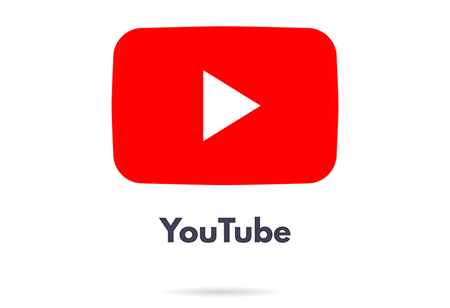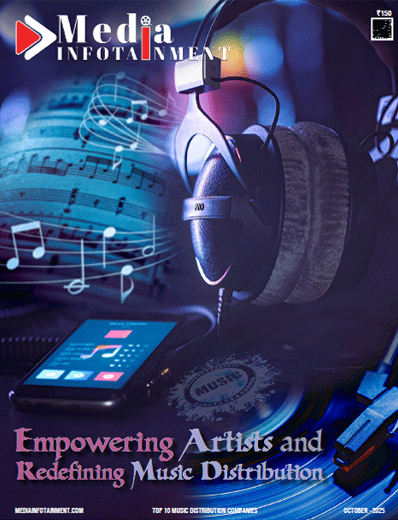YouTube Expands Aloud Technology to Support More Languages
The company, which operates the video streaming platform, announced that it is taking its auto-dubbing tool, powered by AI, to knowledge-and information-based content, as we have seen from TOI. Such technology was introduced at VidCon during the previous year, and it is enabled through AI developed by Aloud, a project of Google's experimental incubator Area 120.
This new feature aims to transcribe-and-translate videos, bridging the gap in languages across the world between creators and their audiences. The automatic dubbing of videos in many languages is further anticipated to make global content more accessible and attractive to even more viewers. It would be making it available in millions of languages.
In a blog post, the video streaming company mentioned that the feature makes it "easier to connect with creators and content from all over the world even if you don't speak the language." Whether you want to learn to cook authentic gratin from a French chef, sew traditional clothes from an Indian seamstress, or scout spooky spots to visit in another country, auto dubbing makes that content more accessible."
Supported languages
According to Google, the feature currently supports dubbing videos from English into French, German, Hindi, Indonesian, Italian, Japanese, Portuguese, and Spanish. Additionally, videos created in these languages can be dubbed into English.
Availability and Rollout
The auto-dubbing feature is being gradually rolled out, with availability varying by channel. Creators can find the feature in the "Advanced Settings" tab, where they can also preview the dubbed versions before publishing.
Despite its innovative capabilities, YouTube cautioned users that the technology is still evolving, "It won't always be perfect. We're working hard to make it as accurate as possible, but there might be times when the translation isn't quite right or the dubbed voice doesn’t accurately represent the original speaker."
🍪 Do you like Cookies?
We use cookies to ensure you get the best experience on our website. Read more...






